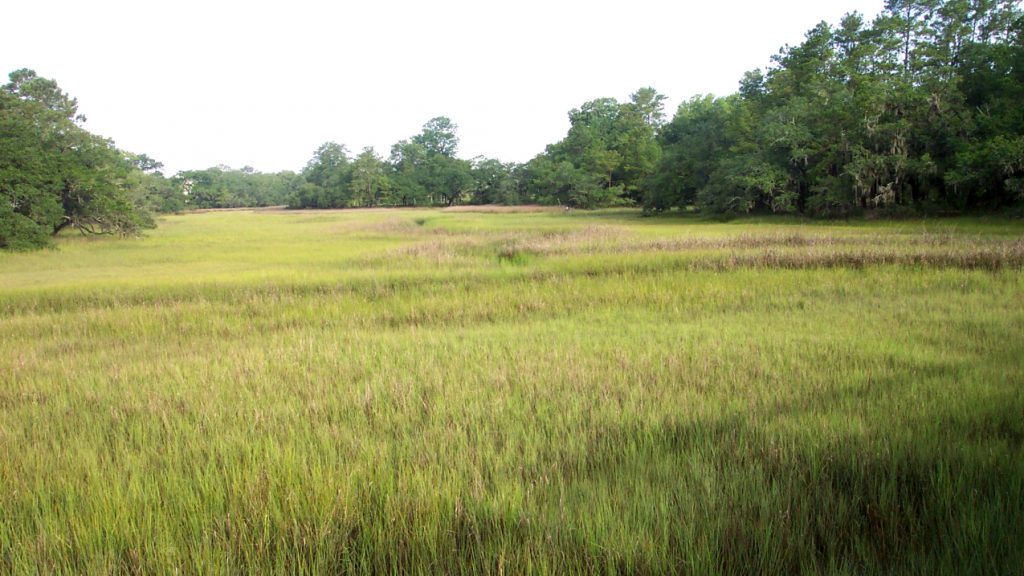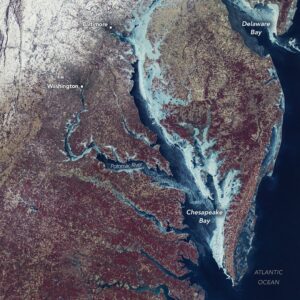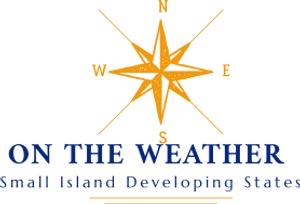
(NOAA)
Today, NOAA is releasing a new strategy and inviting the public to join upcoming listening sessions that will guide the agency’s potential role in an important part of understanding and addressing climate change — carbon dioxide removal.
Climate change already affects every part of the globe, with potentially dire consequences for many ecosystems and human communities. The Biden-Harris Administration is committed to galvanizing global climate action to meet climate goals and build resilient communities, economies and ecosystems. To address the impacts of climate change, it is necessary to reduce the emission of greenhouse gasses, including carbon dioxide.
There is also ongoing research into the potential for removing the carbon dioxide that has already accumulated in the atmosphere, and scientists are examining methods for the long term storage of carbon dioxide on land or in the ocean. NOAA has summarized some of the current science on this topic in a new report, and is asking the public to comment on the agency’s potential future role in carbon dioxide removal research.
As a leader in climate research, ocean science and coastal management, NOAA is uniquely suited to provide leadership for a comprehensive assessment of carbon dioxide removal. Much of what we know about the continued rise of this greenhouse gas in Earth’s atmosphere and the ocean is derived from NOAA’s observational networks and research programs.
“Multiple strategies will be needed to address global climate change. Emission reductions are certainly required, but there is growing interest in methods to address the greenhouse gasses already in the atmosphere,” says Steve Thur, Ph.D., NOAA assistant administrator for oceanic and atmospheric research. “Many techniques are promising in theory, but we need to evaluate their effectiveness and scalability, and understand the potential benefits and the environmental risks that come with each one.”
One carbon dioxide removal technique, for example, involves cultivating algae in special types of aquaculture settings. Another technique addresses land management to encourage and increase the naturally occurring storage of carbon in coastal wetlands, including natural salt marshes, mangroves and seagrass beds.
Ocean fertilization, another technique outlined in the report, is carried out by the artificial addition of micronutrients such as iron or macro-nutrients such as nitrogen or phosphorus to increase phytoplankton growth, with the ultimate goal of extracting carbon from the ocean using various types of biological pumps.
The new report does not endorse any one technique. Instead, NOAA identifies and explains 11 removal strategies, outlines the relative strengths and weaknesses of each technique and describes the agency’s potential research contributions. The agency could use existing and innovative observations, models, ecosystem assessments and spatial planning tools to inform evidence-based decisions. Those decisions, in turn, could be used by many in the carbon removal sector, including state and local governments, private sector entities and non-profit organizations, as well as other federal agencies.
The public is invited to read the report, review all 11 carbon dioxide removal techniques and strategies, evaluate NOAA’s proposed role in carbon dioxide removal research and provide comments (a Federal Register Notice with instructions for submitting comments will be published shortly).
NOAA will also host three listening sessions to gain public input on this draft research strategy.
Virtual listening sessions will be held:
Monday, Dec 12 at 3 PM ET.
Wednesday, Dec 14 at 10 AM ET.
Wednesday, Dec 14 at 5 PM ET.
Register for any of the above listening sessions at https://sciencecouncil.noaa.gov/Draft-CDR-Strategy.
Media contact
Alison Gillespie, alison.gillespie@noaa.gov, (202) 713-6644







